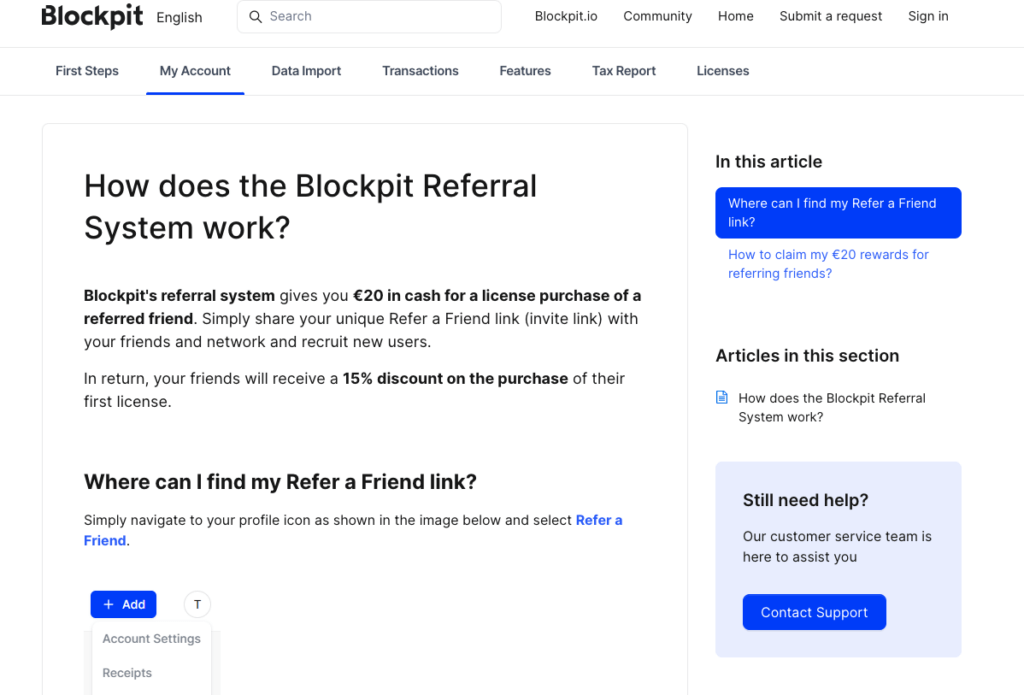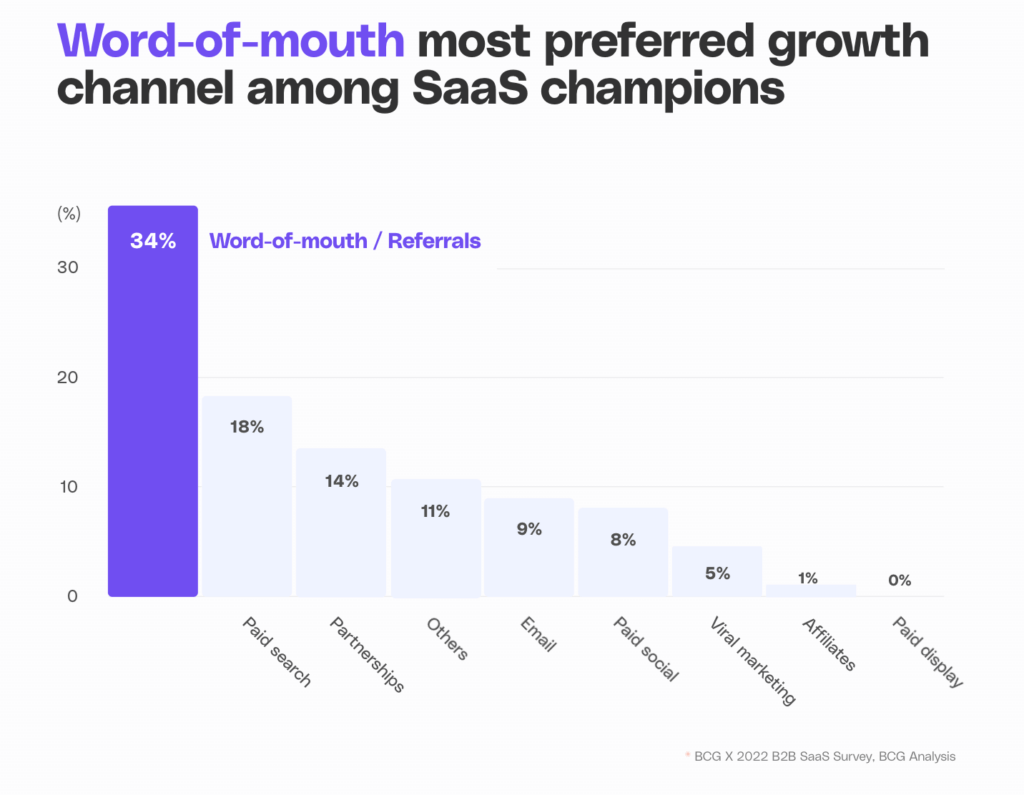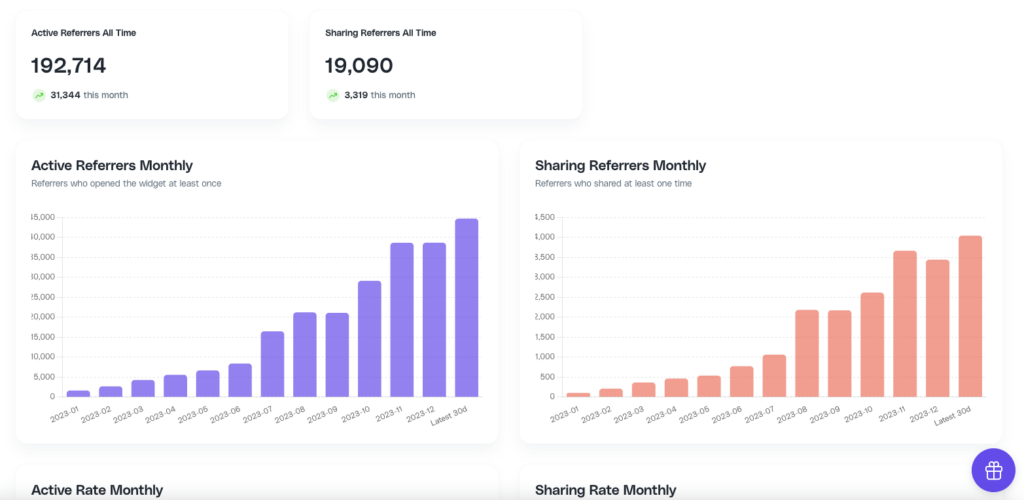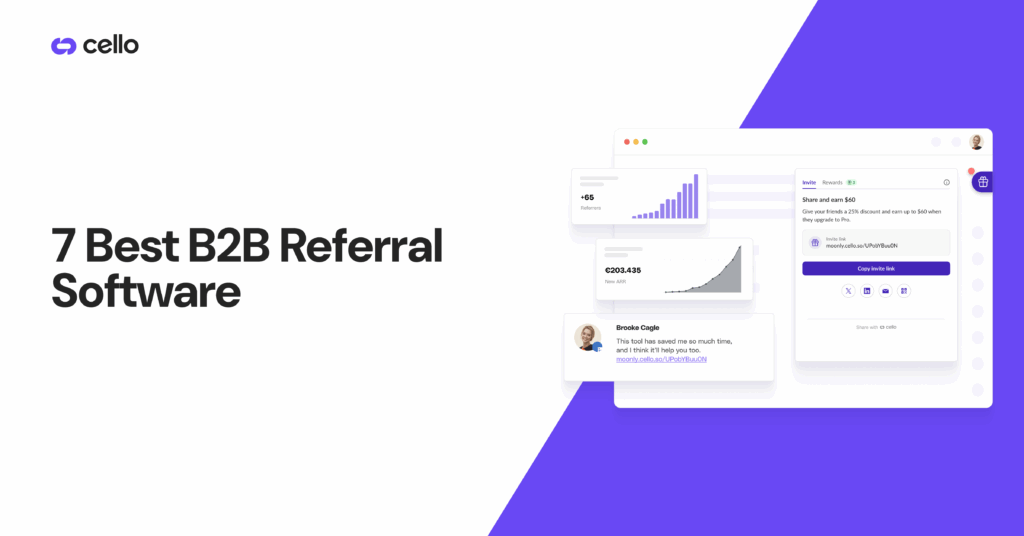Word-of-mouth marketing (WOM) is a powerful strategy that has become increasingly relevant in today's highly connected and digital world. It revolves around the concept of harnessing the influence and recommendations of satisfied customers to promote a product or service. In this article, we will explore the concept of word-of-mouth marketing, its evolution, key elements, importance in today's business landscape, strategies to enhance its effectiveness, methods to measure its impact, and ways to overcome challenges associated with it.
Understanding the concept of word-of-mouth marketing
Word-of-Mouth Marketing is a form of promotion in which satisfied customers share their experiences and opinions about a product or service with others. It relies on individuals spreading the word voluntarily, creating a chain reaction of recommendations. This type of marketing is often considered highly valuable because it is based on authentic, personal recommendations rather than direct advertising.
Word-of-mouth marketing has been around for centuries, serving as a trusted source of information long before the advent of digital communication. In the past, it primarily relied on in-person interactions and conversations between individuals. People would gather in marketplaces, town squares, or social gatherings to exchange recommendations, opinions, and experiences about products and services.
However, with the rise of social media platforms and online communities, word-of-mouth marketing has taken on a whole new dimension. Today, it encompasses online reviews, social media shares, and viral content that can reach millions in a matter of hours. The internet has transformed the way information is shared, making it easier for individuals to express their thoughts and recommendations to a wider audience.
The evolution of word-of-mouth marketing
As technology continues to advance, word-of-mouth marketing has evolved alongside it. In the early days of the Internet, online forums and chat rooms provided a platform for individuals to discuss and recommend products and services. These virtual communities became hubs of information, where people could seek advice and share their own experiences.
With the emergence of social media platforms like Facebook, Twitter, and Instagram, word-of-mouth marketing has reached new heights. People can now share their opinions and recommendations with their entire network of friends and followers with just a few clicks. This instant and widespread dissemination of information has made this form of marketing a powerful tool for businesses to leverage.
Key elements of word-of-mouth marketing
For word-of-mouth marketing to be successful, several key elements need to be present.
- Providing a remarkable product or service that exceeds customer expectations is crucial. When customers have a positive experience that goes beyond what they anticipated, they are more likely to share their satisfaction with others. This can lead to organic word-of-mouth recommendations and referrals, which are highly valuable for businesses.
- Secondly, building strong relationships and engaging with customers is essential. By actively listening to their feedback, addressing their concerns, and providing personalized experiences, businesses can cultivate trust and loyalty. When customers feel valued and appreciated, they are more inclined to spread positive word-of-mouth about the brand.
- Lastly, giving customers a reason to share their experiences through incentives or rewards can amplify word-of-mouth efforts. Offering referral programs, exclusive discounts, or special promotions for those who refer others can incentivize customers to actively promote the brand to their friends and family. This not only encourages word-of-mouth marketing but also fosters a sense of community and loyalty among customers.

The importance of word-of-mouth marketing in today's business landscape
In today's highly competitive business landscape, where consumers are bombarded with countless advertising messages, it has become increasingly challenging for businesses to capture the attention and trust of their target audience. In this context, word-of-mouth marketing has emerged as a powerful and trusted source of information that can significantly impact consumer behavior.

Impact on consumer behavior
Consumers have become more skeptical and discerning when it comes to advertising. They are constantly seeking authentic and reliable information to guide their purchasing decisions. This is where word-of-mouth marketing comes into play. People are more likely to trust the recommendations and experiences of their friends, family, and online communities than traditional advertising methods.
When a friend or family member recommends a product or service, it carries a higher level of credibility and trustworthiness. This is because these recommendations are based on personal experiences and are not influenced by any hidden agendas or marketing tactics. Positive word-of-mouth can have a significant impact on consumer behavior, leading to increased sales, brand awareness, and customer loyalty.
Moreover, this type of marketing has become even more influential in the digital age. With the rise of social media platforms and online review websites, consumers have easy access to a wealth of information and opinions about products and services. They can read reviews, watch videos, and engage in discussions with like-minded individuals before making a purchase decision.
Role in building brand reputation
In today's interconnected world, a brand's reputation can make or break its success. Word-of-mouth marketing plays a vital role in shaping brand perception and reputation.
Positive WoM
Positive experiences shared by satisfied customers can enhance a brand's reputation and attract new customers.
When customers share their positive experiences with a brand, it creates a ripple effect. Their friends, family, and acquaintances are more likely to trust and consider that brand for their own needs. This organic and genuine form of marketing can lead to increased brand visibility, customer acquisition, and ultimately, business growth.
Negative WoM
On the flip side, negative word-of-mouth can quickly tarnish a brand's image and reputation. In today's hyper-connected world, one dissatisfied customer can share their negative experience with thousands of people within minutes through social media platforms and online review websites. This highlights the importance of proactive reputation management and the need for businesses to consistently deliver exceptional customer experiences.
By actively encouraging and nurturing positive reviews, businesses can build a strong and favorable brand reputation. This involves not only providing excellent products or services but also going above and beyond to exceed customer expectations. When customers feel valued, appreciated, and satisfied, they are more likely to become brand advocates and share their positive experiences with others.
Strategies to enhance word-of-mouth marketing
Creating shareable content
Content is king. Creating unique and shareable content is an effective way to stimulate word-of-mouth marketing. Whether it's entertaining videos, informative blog posts, or engaging social media campaigns, content that resonates with the target audience encourages sharing and amplifies brand exposure.

Encouraging customer reviews and testimonials
Online reviews and testimonials hold significant weight in influencing purchase decisions. By actively encouraging customers to leave reviews and testimonials (e.g. Google, G2, Capterra), businesses can leverage positive word-of-mouth. Offering incentives or making the review process as easy as possible can help increase participation.
Make sharing content effortless
Ensure that your users easily find and engage with your program through attractive incentives is crucial. However, this effort becomes futile if creating messages or posts is overly complicated. Simplify the process for your users to effortlessly create compelling advertisements for your product.
Embed word-of-mouth marketing in your tool
Make sure that your users find an easy way to spread the word of your product. You can achieve that by directly embedding a referral program into your solution and have users access it across various touchpoints (e.g. in-app, mail).

Measuring the effectiveness of word-of-mouth marketing
Tools for tracking word-of-mouth marketing
Meticulously tracking the impact of word-of-mouth marketing is essential for evaluating its effectiveness. Online monitoring tools, such as social media listening platforms, referral marketing platforms and analytics software, can provide valuable insights into the reach and sentiment of word-of-mouth conversations. Equipped with this data, businesses can fine-tune their strategies and enhance their marketing efforts.
Key performance indicators for word-of-mouth marketing
Measuring the success of word-of-mouth marketing requires the establishment of key performance indicators (KPIs). These may include the number of social media shares, positive reviews, referral traffic, and in particular for B2B sales conversions through word-of-mouth referrals. By tracking these KPIs, businesses can gauge the impact and return on investment of their word-of-mouth marketing initiatives.

Overcoming challenges in word-of-mouth marketing
Dealing with negative word-of-mouth
In the age of social media, negative word-of-mouth can spread like wildfire. Businesses must be proactive in addressing customer concerns and resolving issues promptly. By actively monitoring and engaging with dissatisfied customers, companies have the opportunity to turn negative experiences into positive ones, ultimately strengthening customer relationships.
Ensuring authenticity in word-of-mouth marketing
Amidst the abundance of sponsored content and online influencers, authenticity is key in word-of-mouth marketing. Businesses should strive to cultivate genuine relationships with their customers, fostering trust and loyalty. Encouraging organic word-of-mouth through exceptional products and personalized customer experiences can help build a strong foundation for successful word-of-mouth marketing campaigns.
In conclusion, word-of-mouth marketing remains a powerful and influential strategy in today's business landscape. By understanding its concept, leveraging its benefits, implementing effective strategies, measuring its impact, and overcoming associated challenges, businesses can harness the potential of word-of-mouth marketing to drive growth, enhance brand reputation, and connect with their target audience in a meaningful way.
Transform your customers into advocates with Cello
Ready to elevate your SaaS product's growth through the power of word-of-mouth marketing? Cello is your go-to solution, making it effortless to launch a peer-to-peer referral program that turns users into a dynamic growth channel. Experience the simplicity of integrating Cello with your product, and watch as your users become your most valuable marketers. With minimal development time, a success-based pricing model, and seamless integration with your existing tools, Cello is designed to amplify your viral growth and enhance your brand reputation. Don't miss out on the opportunity to harness user-led growth and see tangible results from day one. Book a demo to see Cello in action and start your journey towards a thriving referral program today.
Resources
Related Articles

7 Best B2B Referral Software (2025 Guide)
Which referral software should I choose? In the world of referral marketing, choosing the right ...

Scaling and Maintaining a B2B User Referral Program
Learn how to set the right incentives for B2B SaaS user referral programs

What are User Generated Content Growth Loops?
User Generated Growth (UGC) loop is a growth engine where users create content that attracts ...

